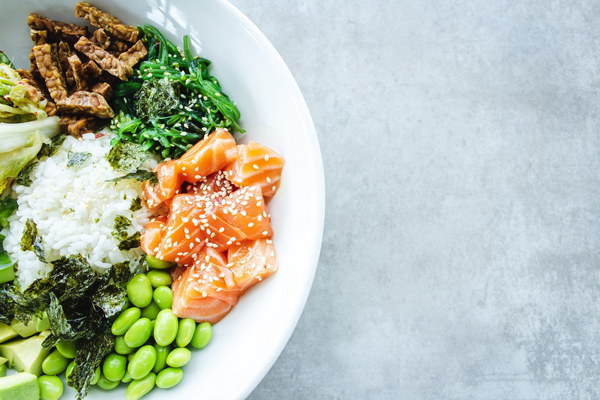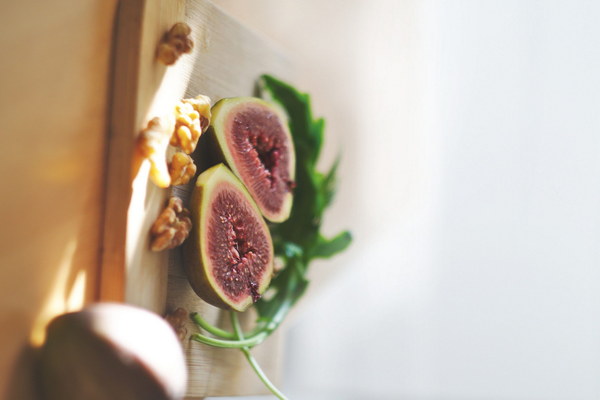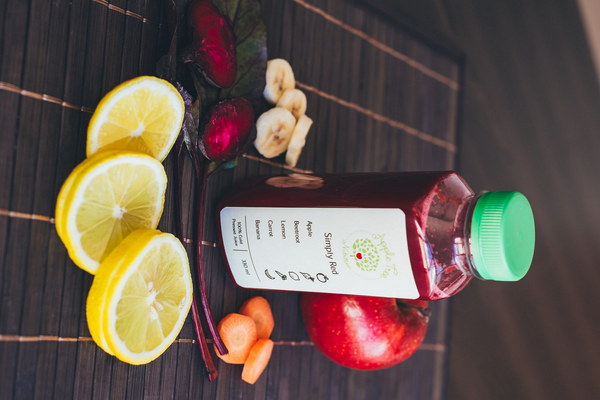Exploring Traditional Chinese Medicines for Nourishing Yin and Astringing the Lung A Comprehensive Guide
In traditional Chinese medicine (TCM), the concept of nourishing Yin and astringing the Lung is a fundamental approach to treating respiratory conditions such as cough, asthma, and chronic bronchitis. This method aims to replenish the Yin energy in the body, which is believed to be depleted due to excessive heat or dryness, and to strengthen the Lung's function. Here, we will explore some commonly used Chinese herbal medicines that are known for their effectiveness in nourishing Yin and astringing the Lung.
1. Sour Plum (Suan Zao Ren)
Sour Plum is a popular herb used in TCM for nourishing Yin and calming the mind. It is particularly beneficial for those with Lung Yin deficiency, as it helps to moisten the Lung and relieve dry coughs. Additionally, Sour Plum can improve sleep quality and alleviate irritability.
2. Codonopsis (Dang Shen)
Codonopsis is a well-known herb used for enhancing Qi and nourishing Yin. It is commonly used in respiratory conditions to strengthen the Lung and boost immunity. Codonopsis can help alleviate cough, improve respiratory function, and enhance overall vitality.
3. Fritillaria (Chuan Bei Mu)
Fritillaria is a valuable herb known for its nourishing Yin and cooling properties. It is often used to treat Lung Yin deficiency, especially in cases of dry cough, sore throat, and fever. Fritillaria can also help to clear heat from the Lung and reduce inflammation.
4. Ophiopogon (Mai Men Dong)
Ophiopogon is a commonly used herb in TCM for nourishing Yin and cooling the Lung. It is especially effective for treating dry cough, night sweats, and irritability due to Lung Yin deficiency. Ophiopogon can also enhance the immune system and improve sleep quality.
5. Schisandra (Wu Wei Zi)

Schisandra is a popular herb known for its adaptogenic properties. It helps to nourish Yin and astringe the Lung, making it an excellent choice for respiratory conditions. Schisandra can improve respiratory function, alleviate cough, and enhance overall energy levels.
6. Platycodon (Jie Geng)
Platycodon is a commonly used herb in TCM for clearing heat and moistening the Lung. It is particularly effective for treating dry cough, sore throat, and fever. Platycodon can also help to reduce inflammation and improve immune function.
7. Ganoderma (Ling Zhi)
Ganoderma is a highly prized herb known for its immune-boosting properties. It helps to nourish Yin and strengthen the Lung, making it an excellent choice for respiratory conditions. Ganoderma can alleviate cough, improve respiratory function, and enhance overall health.
When using these Chinese herbal medicines, it is important to consult with a qualified TCM practitioner. They will be able to assess your specific condition and recommend the most appropriate herbal formula for your needs. Additionally, combining these herbs with other TCM therapies, such as acupuncture and dietary adjustments, can further enhance their effectiveness.
In conclusion, traditional Chinese medicines offer a unique and effective approach to treating respiratory conditions by nourishing Yin and astringing the Lung. By understanding the properties and uses of these herbs, individuals can make informed decisions about their treatment options and work towards achieving optimal health and well-being.









